I remember one of my early jobs in architecture back in Wellington, New Zealand. We started at 8am, had a tea break at 10, lunch at 12, another tea break at 3, and finished by 5pm. It wasn’t just routine—it was rhythm. A shared one.
Those breaks weren’t wasted time. They were built-in pauses: time to chat, reset, check in with others, share problems (and biscuits). Without realising it, we were following what’s now called an ultradian rhythm—our body’s natural 90–120 minute energy cycle, followed by a recovery period.
Fast-forward to now, and it feels like we’ve gone a bit haywire. Breaks are ad hoc or skipped entirely. We pack our days with back-to-back meetings, answer emails while eating lunch, and treat rest like a reward for finishing everything—which, let’s be honest, never actually happens.
So What Are Ultradian Rhythms?
You’ve heard of circadian rhythms—our 24-hour sleep/wake cycles—but ultradian rhythms are the ones that run under the radar. They’re shorter cycles, about 90 to 120 minutes long, that govern how long we can focus before we need to rest.
Your brain, body, and even your hormones pulse to these rhythms:
Your focus and alertness build and then dip naturally within each cycle.
Your hormones, like cortisol, get micro-doses throughout the day to support attention and energy—but only if you allow for some recovery.
Even your nostrils take turns—about every 90 minutes, your body subtly switches which one is doing more of the breathing. (Yes, even your nose has a rhythm.)
These aren’t quirks. They’re biological systems for energy regulation, built into all of us. Ignore the dip, and your body pushes harder—with less return. Honour the dip, and you recharge before you crash.
“Rest isn’t a reward. It’s how your brain refuels for what’s next.”
What Can You Do With This Knowledge?
You don’t need a full hour off or a fancy mindfulness app. You just need to build recovery into your day—before your brain short-circuits.
Try this:
Work in 90-minute focus blocks (or however long your energy naturally lasts)
Step away to recover—a 10–15 minute break can reset your system
Use your break for real recovery: walk, stretch, breathe, chat—not scroll
Notice your natural rhythm: when do you focus best? When does your mind fog over?
This isn’t a productivity hack—it’s a wellbeing baseline. You’re not a machine. You’re designed to pulse between output and recovery.


